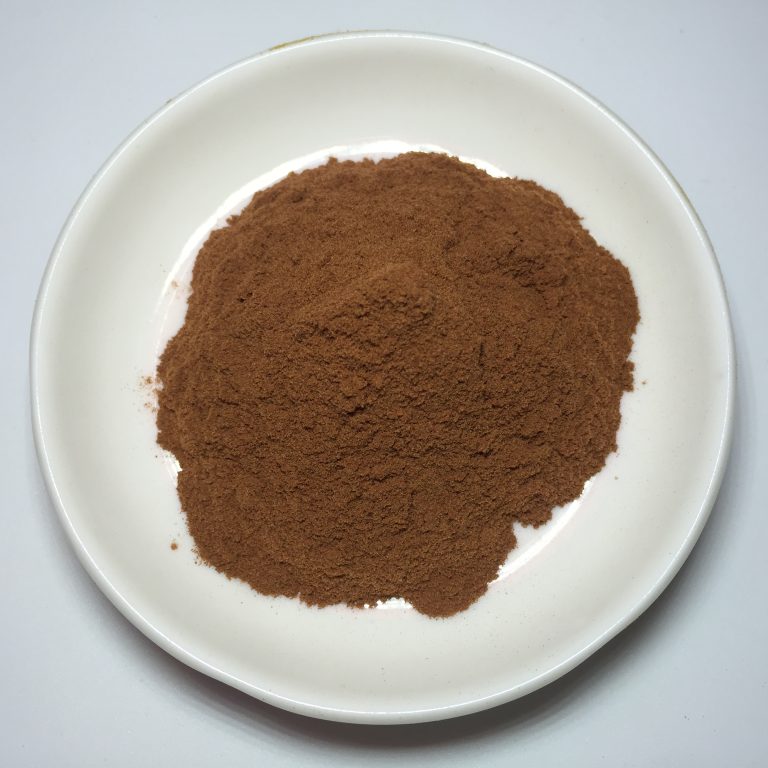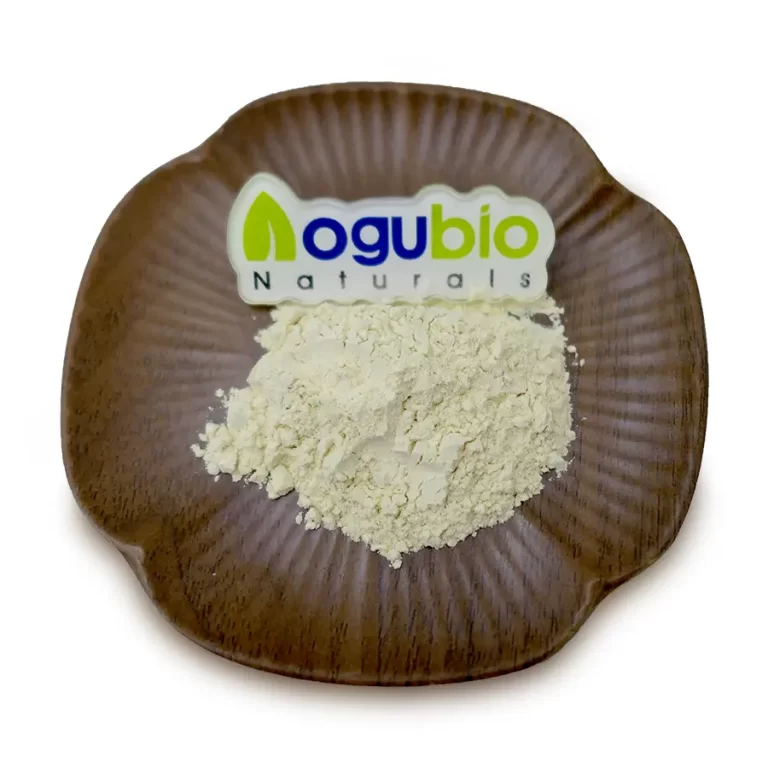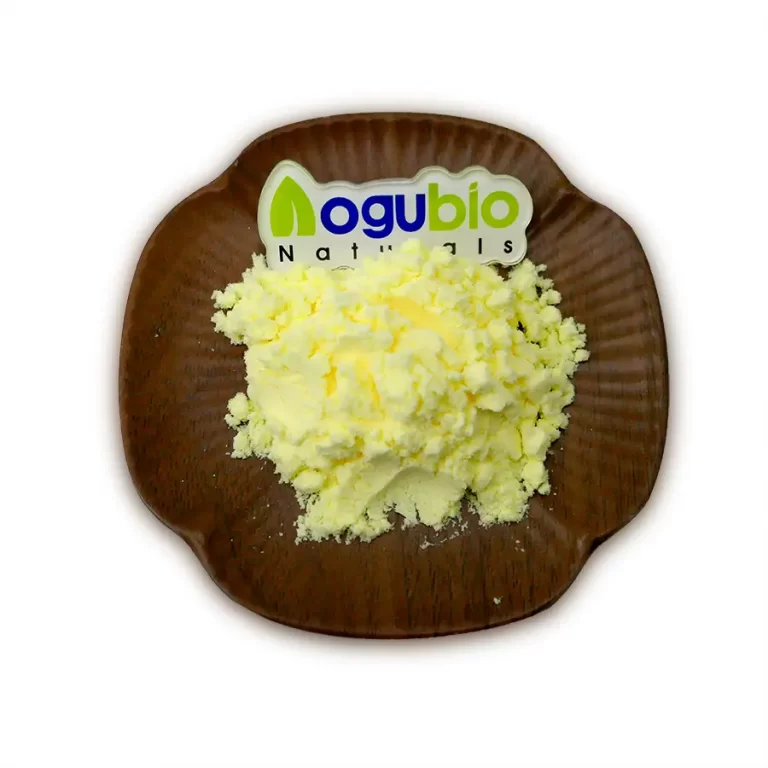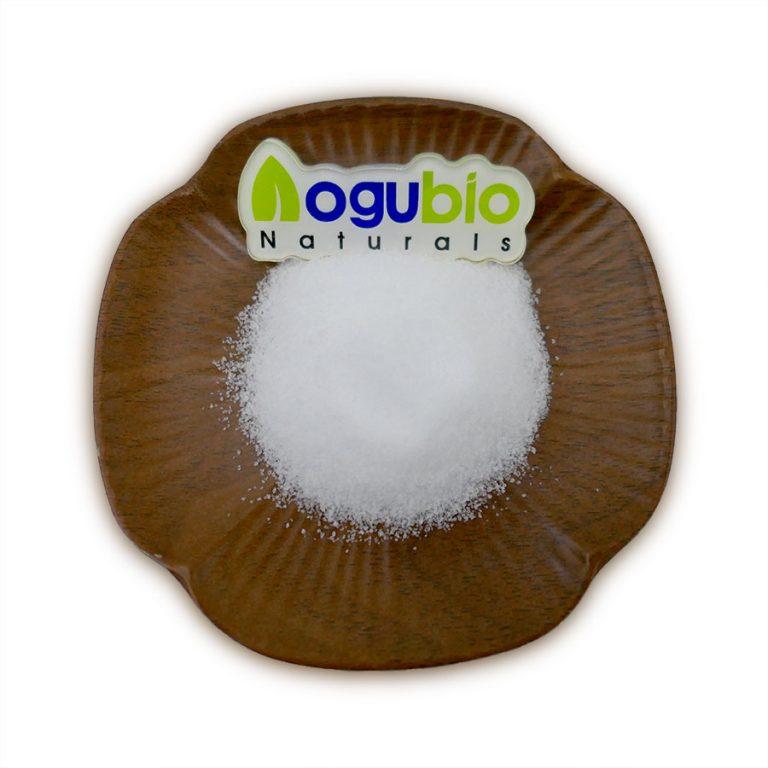What Is Sunflower Lecithin
2018-03-20
Sunflower Lecithin is a kind of sunflower seeds. To obtain this lipid, need to go through the sunflower seed dehydration, then oil separation process, glue and other solids. In this process the phospholipid by-products of viscose. From the nutritional point of view, it is a kind of food can give creamy, moist and smooth texture of the emulsifier, so often used in the production of chocolate, margarine and baking food.
Although soybeans used to be the main source of lecithin, people who are concerned about the safety of soy are more like the lecithin from sunflower seeds. Many people are allergic to soy beans, and most of them are genetically modified. Some critics complain that the chemical solvent is used in the processing of soy lecithin, so it will remain in the food. Because soy contains plant estrogen, many people worry that it will lead to cancer and thyroid dysfunction.
In contrast, sunflower lecithin is generally organic, and there is no genetically modified. It has not been found that the product has a side effect, or cause allergic reactions. In addition, in the sunflower seed lecithin processing without using chemical solvents, but using the normal cold pressing process, and therefore will not cause chemical pollution.
In addition to lecithin as a cooking ingredient, many people use it as a health care product. Lecithin has been proven to be a useful source of phosphatidylcholine, phosphatidylcholine and phosphatidylcholine. Phosphatidylcholine is a kind of nutrient that helps to regulate the muscles and maintain the nervous system. In addition, the greatest benefit of lecithin is the essential fatty acids that are beneficial to the brain.
In the overall composition of fatty acids, sunflower lecithin is better than the traditional soy lecithin. Soybean lecithin is slightly more than that of Palm Acid and alpha, but the content of stearic acid and linoleic acid in sunflower seeds is high, so it is good for lowering cholesterol level. These two kinds of lecithin have a considerable amount of oleic acid, so they can help prevent heart disease. In addition, the study found that the choline content of sunflower seeds is higher.
About sunflower lecithin
Sunflower lecithin from Europe, YISHION natural non transgenic cold pressed sunflower oil as raw material, refined from the unique low-temperature process. Rich in lecithin (PC), brain phospholipids (PE), inositol phospholipids (PI), PA (phospholipids acid) and other active ingredients. Its non GMO and non allergic source characteristics, become the first choice for high-end product developers and users of phospholipids.
About sunflower lecithin
| 1.NON-GMO |
| 2. No Allergic Source |
液体葵花磷脂–LIQUID
|
Test Item |
Analytical Data | Test Item |
Analytical Data |
Gardner Colour |
≤15 | Viscosity |
≤15000 |
Acetone Insouble(w/﹪) |
≥60 | HLB | ≥4 |
Loss onDrying(w/﹪) |
≤2.0 | Hexane Insouble(w/﹪) |
≤0.3 |
Acid value(mg/g) |
≤36.0 | Peroxide Value(Meq/kg) |
≤10.0 |
Heavy Metals(mg/kg) |
≤20.0 | Arsenic(mg/kg) | ≤3.0 |
Solvent Residue(mg/kg) |
≤50 | Total Plate Count(cfu/g) |
≤3000 |
Yeast & Mold(cfu/g) |
≤100 | E.Coli(MPN/g) |
≤100 |
Salmonella |
Absent | MRSA | Absent |
粉末葵花磷脂–POWDER
| Test Item | Analytical Data | Test Item | Analytical Data |
| Acetone Insouble(w/﹪) | ≥95 | HLB | ≥4 |
Loss onDrying(w/﹪) |
≤2.0 | Hexane Insouble(w/﹪) | ≤0.3 |
Acid value(mg/g) |
≤36.0 | Peroxide Value(Meq/kg) | ≤10.0 |
| Heavy Metals(mg/kg) | ≤20.0 | Arsenic(mg/kg) | ≤3.0 |
| Solvent Residue(mg/kg) | ≤50 | Total Plate Count(cfu/g) | ≤3000 |
| Yeast & Mold(cfu/g) | ≤100 | E.Coli(MPN/g) | ≤100 |
| Salmonella | Absent | MRSA | Absent |








 Imaherb China manufacturer supply Apple Extract Powder
Imaherb China manufacturer supply Apple Extract Powder Imaherb China manufacturer supply Apigenin Powder 98%
Imaherb China manufacturer supply Apigenin Powder 98% Imaherb Factory supply Alpha Lipoic Acid Powder CAS 1077-28-7
Imaherb Factory supply Alpha Lipoic Acid Powder CAS 1077-28-7 Imaherb Factory supply Alpha GPC Powder CAS 28319-77-9
Imaherb Factory supply Alpha GPC Powder CAS 28319-77-9 Imaherb Factory supply Alliin Powder 98% CAS 556-27-4
Imaherb Factory supply Alliin Powder 98% CAS 556-27-4 skype
skype Sales Manager
Sales Manager Rebekah
Rebekah Rachel
Rachel Miranda
Miranda Camilla
Camilla
 Sales Manager
Sales Manager